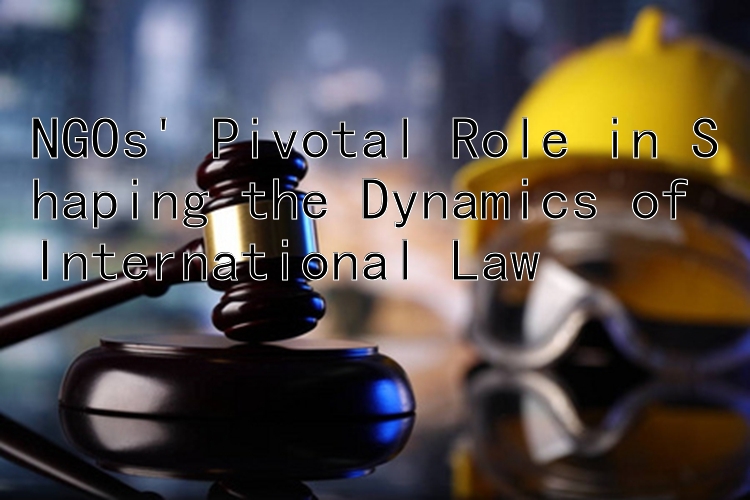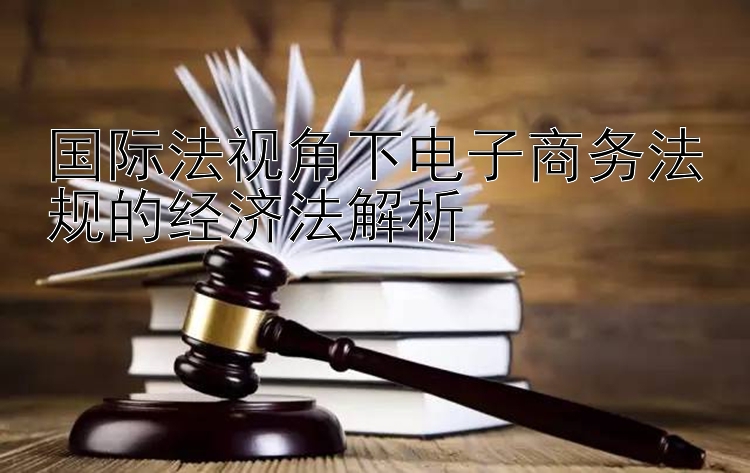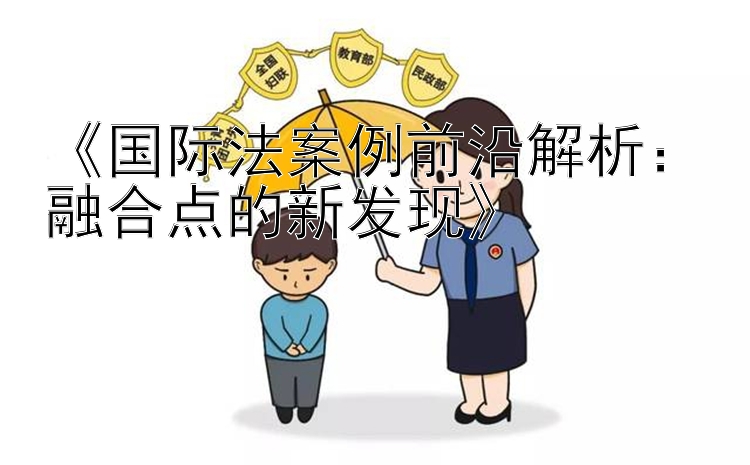NGOs and the Evolution of International Legal Landscape: A Critical Analysis
Non-governmental organizations (NGOs) have emerged as pivotal actors within the realm of international law, exerting a profound influence on its development, implementation, and interpretation. These entities, often driven by humanitarian concerns or specific policy agendas, operate independently from state governments and possess an inherent ability to shape global legal discourse through advocacy, litigation, research, and direct action. This article explores the multifaceted role of NGOs in influencing the dynamics of international law, with particular emphasis on their contributions towards fostering accountability, promoting human rights, and addressing global challenges that transcend national boundaries.
The Legal Status of NGOs under International Law
While there is no universally accepted definition for NGOs, they are typically understood as private voluntary associations formed by individuals who share common interests beyond purely commercial objectives.[1] Their legal status varies across jurisdictions; however, many enjoy recognition under customary international law and may be granted consultative status at various UN bodies such as ECOSOC.[2] As recognized participants in international forums, NGOs can bring attention to issues that might otherwise go unnoticed, providing alternative viewpoints and expertise not represented by states alone.
Advocacy and Awareness Raising
One of the primary ways NGOs impact international law is through advocacy efforts aimed at raising public awareness about pressing global matters. By highlighting human rights abuses, environmental degradation, or other transnational problems, NGOs help create a demand for legal solutions among policymakers and the general population alike. For instance, Amnesty International has been instrumental in campaigning against torture and advocating for fair trials worldwide.[3] Similarly, Greenpeace has played a crucial role in drawing attention to climate change and marine pollution.[4]
Litigation and Strategic Lawsuits
NGOs also engage in strategic lawsuits designed to challenge existing laws or set new precedents. They frequently act as plaintiffs or petitioners before domestic courts, regional tribunals like the European Court of Human Rights or the African Commission on Human and Peoples' Rights, and even the International Court of Justice when seeking redress for violations of international norms. In doing so, these organizations contribute to the evolution of case law and contribute to the progressive interpretation of treaties.
For example, ClientEarth, an environmental NGO, successfully challenged the UK government's air quality plans in court, leading to improved regulations to reduce harmful emissions.[5] Another notable example is the Center for Biological Diversity's lawsuit against the U.S. Fish and Wildlife Service over delays in listing endangered species, which resulted in significant changes to the agency's practices.[6]
Research and Policy Development
Through rigorous research and analysis, NGOs inform debates surrounding emerging areas of international concern. Many produce reports documenting human rights conditions, environmental threats, or economic disparities affecting vulnerable populations globally. These findings provide valuable data points for lawmakers drafting legislation or treaty provisions. Additionally, some NGOs develop model laws or codes of conduct that serve as blueprints for legislators looking to address complex cross-border issues effectively.
The International Committee of the Red Cross (ICRC), for instance, plays a vital role in developing and disseminating rules of war based on the Geneva Conventions. Its work helps ensure compliance with international humanitarian law during times of conflict.[7]
Participation in Treaty Negotiations
During multilateral negotiations involving the creation or amendment of treaties, NGOs often participate as observers or advisors, offering technical expertise and representing civil society perspectives. They can lobby for inclusion of certain clauses or standards that align with their missions, thereby shaping the content and scope of future international agreements. During the Paris Agreement negotiations on climate change, numerous environmental NGOs advocated fiercely for ambitious targets and inclusive processes, contributing significantly to the final text adopted by nearly 200 countries.[8]
Monitoring Compliance and Accountability Mechanisms
Finally, NGOs play a critical role in monitoring state behavior regarding their obligations under international law. Through documentation and reporting mechanisms, they hold governments accountable for their actions or inactions concerning human rights commitments or environmental protection policies. Organizations like Human Rights Watch regularly report on instances where governments fall short of meeting their responsibilities under international treaties. Such scrutiny contributes to maintaining adherence to established legal frameworks while pushing for stronger enforcement measures when necessary.
In conclusion, NGOs occupy a unique space within the domain of international law due to their capacity to bridge gaps between individual needs and collective action. By engaging actively in advocacy campaigns, litigations, research projects, and participation in diplomatic processes, these groups drive innovation within global governance structures and promote justice on both personal and systemic levels. As the world continues to grapple with increasingly interconnected crises that require coordinated responses across borders—such as pandemics, climate change mitigation efforts, or refugee resettlement programs—the indispensable function performed by NGOs will only grow more essential in defining our shared futures according to principles enshrined in universal charters but continually reinterpreted through evolving contexts brought into sharp relief by dedicated non-state actors.
References
[1] See Article 71 of the United Nations Charter, which provides for the organization of "non-governmental organizations" as part of the structure of the Economic and Social Council (ECOSOC); see also Articles 99 and 102 of the Charter, which allow for the admission of NGOs into the UN system.
[2] See Resolution 1296 (XLIV) of ECOSOC, which establishes the criteria for granting consultative status to NGOs and defines three types of consultative relationship: General Consultative Status, Special Consultative Status, and Roster Consultative Status.
[3] See, e.g., Amnesty International's campaign against torture, documented in various annual reports available at https://www.amnesty.org/en/what-we-do/issues/torture/
[4] See, e.g., Greenpeace's ongoing efforts to combat plastic pollution in oceans and protect marine life, as evidenced by initiatives such as the 'Protect the Oceans' campaign (https://www.greenpeace.org/international/campaigns/oceans/).
[5] See ClientEarth's victory in the Supreme Court of the United Kingdom in ClientEarth v Secretary of State for Environment, Food and Rural Affairs [2015] UKSC 56, which compelled the UK Government to draft new air quality plans compliant with EU law.
[6] See the Center for Biological Diversity's successful suit against the U.S. Fish and Wildlife Service in Center for Biological Diversity v Jewell, 847 F.3d 1160 (D.C. Cir. 2017), which led to a settlement requiring the federal agency to make expedited decisions on hundreds of imperiled species' petitions for protection under the Endangered Species Act.
[7] See the ICRC's work on the development and promotion of international humanitarian law, including the adoption of Additional Protocols I and II to the Geneva Conventions in 1977, as well as subsequent revisions and clarifications of the laws of war.
[8] See the role of NGOs throughout the COP21 conference in Paris in December 2015, which culminated in the adoption of the Paris Agreement on Climate Change. Environmental NGOs were present in large numbers, advocating for strong language and binding commitments to reduce greenhouse gas emissions and adapt to climate change impacts.





